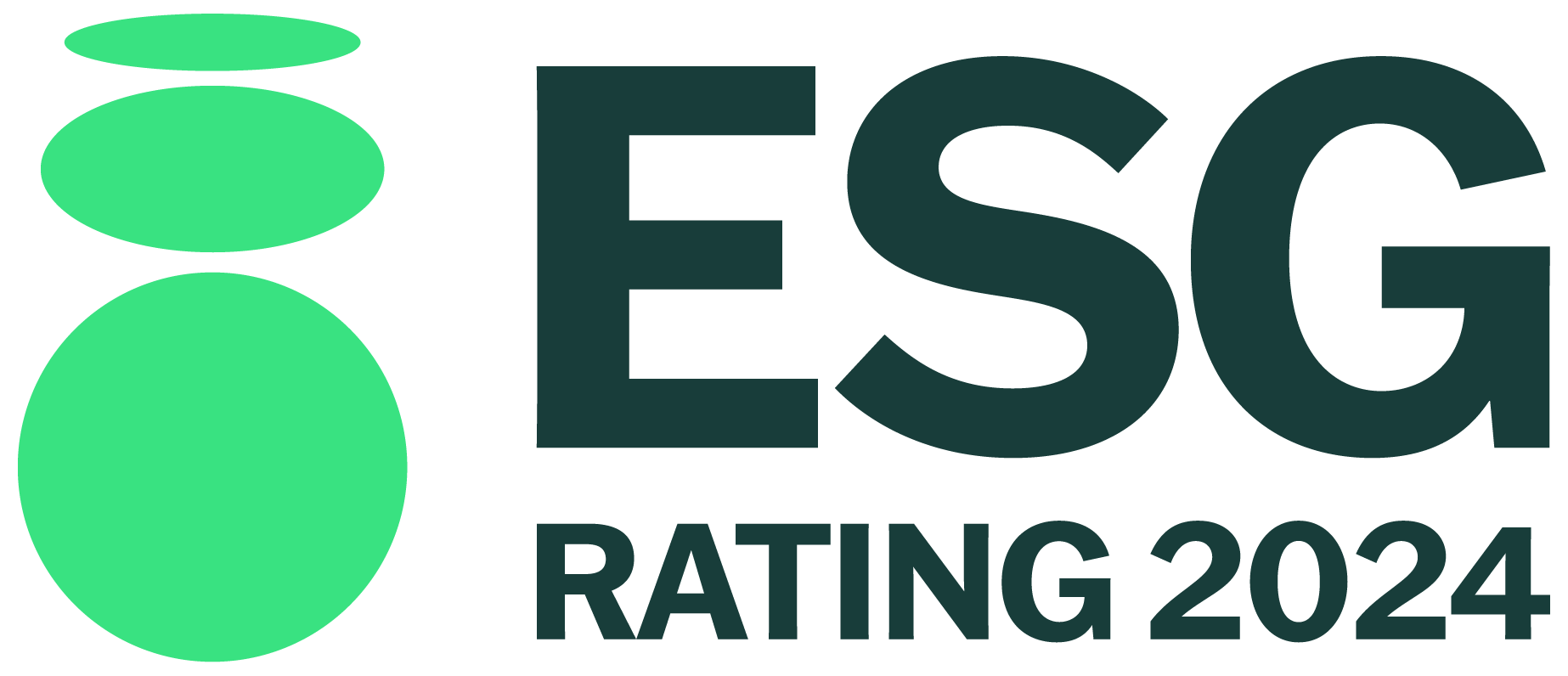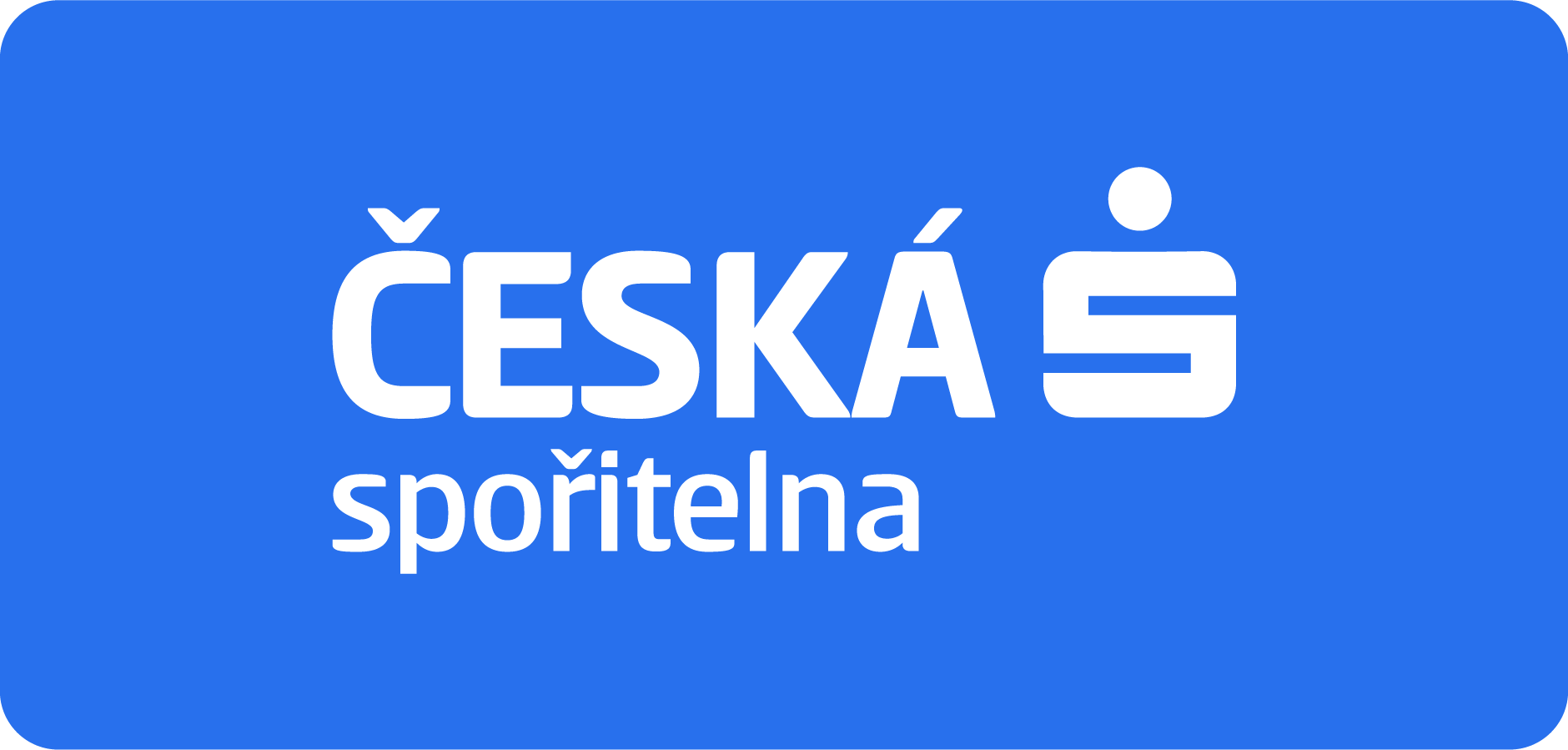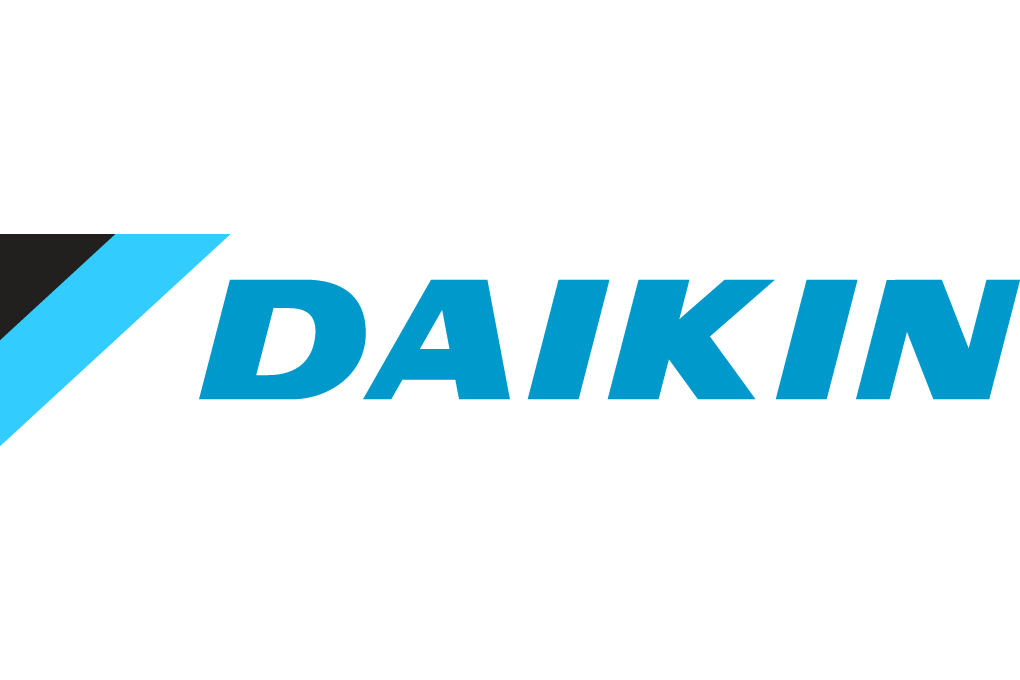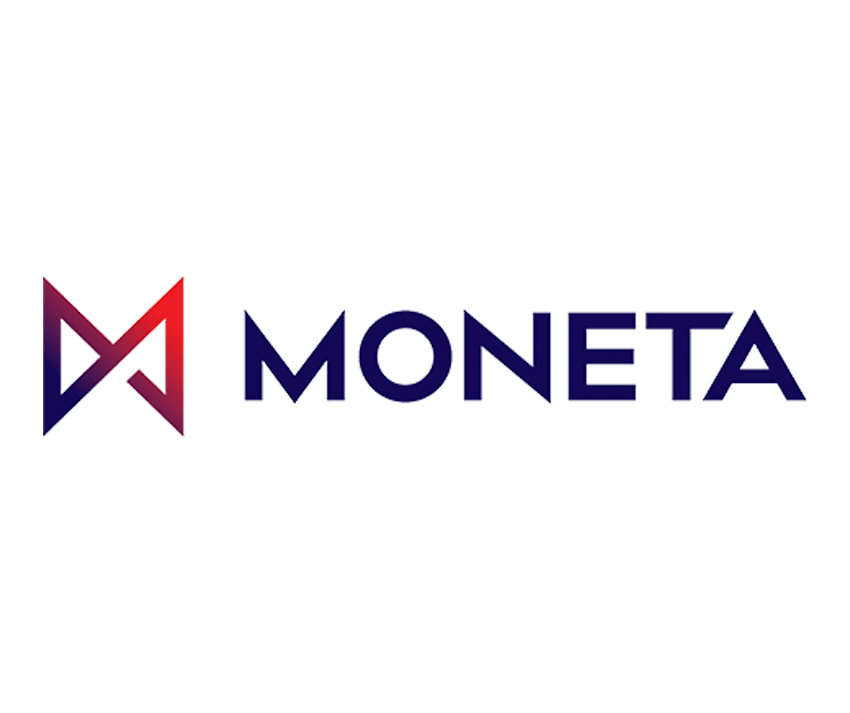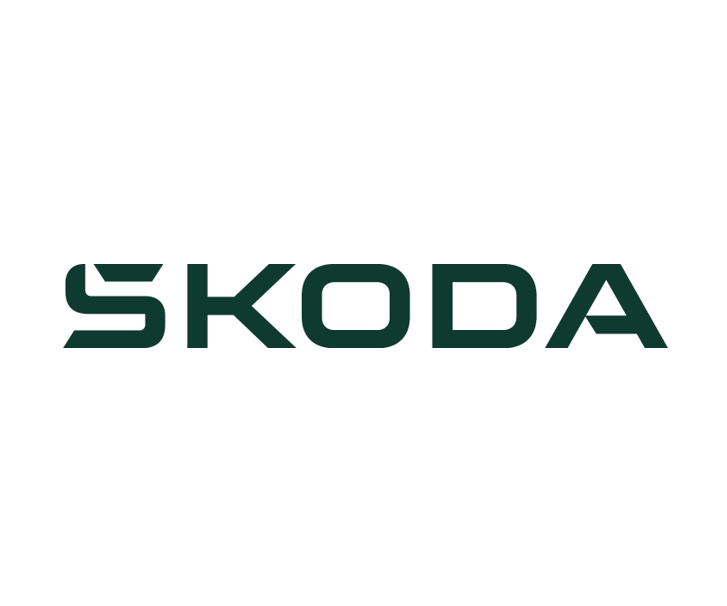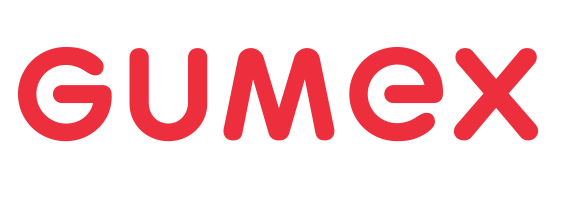Top 10 large and top 5 small and medium enterprises. Here are the results of the ESG rating 2024
Czech companies are becoming increasingly aware of the extent of their impact on the environment and their non-financial reporting is receiving a standardized format. This is one of the most important conclusions of this year’s ESG rating created by experts from the Faculty of Business Administration (FBA), entered by over 100 domestic companies, whose combined turnover last year exceeded one trillion crowns.

The questionnaire of researchers from FBA has 131 items, and, in its structure and content, goes beyond the ESRS reporting standards and the European Corporate Social Responsibility Directive (CSRD), which comes into force in 2025.
“The participating companies have never addressed so many topics in our ESG questionnaires before. They also admitted much more often that some areas concern them, even if they may not yet have data or set rules in that area,” says the head of the ESG rating, Ladislav Tyll, who heads the Department of Strategy at the Faculty of Business Administration.
The resulting ESG rating then recognizes those companies that are furthest along in the Czech Republic with ESG reporting. Without specifying the order, in cooperation with the media partner Seznam Zprávy, we present 10 large and 5 small and medium-sized companies that achieved the best score in the ESG rating.
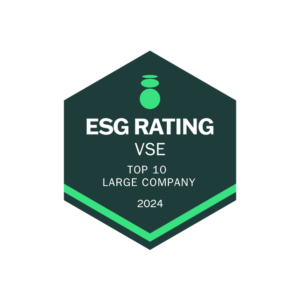
Top 10 large companies:
Albert, Coca-Cola HBC Czech Republic and Slovakia, Česká spořitelna, ČSOB, Daikin Device, Komerční banka, Prague Airport, Moneta Money Bank, Škoda Auto, Vodafone Czech Republic.
In the case of large companies, a large number of banks are still among the best in the ESG rating. “The reason is that the largest banks have been subject to the obligation of non-financial reporting since 2018 as part of the adoption of the NFDR directive. In addition, they also evaluate ESG in their applicants for financing. Therefore, they have numerous teams with the know-how and capacity to deal with ESG,” explains Tyll.
In general, large companies performed better in the ESG rating than small and medium-sized ones. “Large companies often have the advantage of being connected to an international group from which they can draw on experience and resources. In some countries, such as the United Kingdom, the Netherlands, France or Italy, awareness of ESG topics is stronger and legislation is stricter than in other parts of Europe. “These countries often precede European-wide legislation,” adds Tyll’s colleague from the Department of Strategy and the ESG rating team, Natalie Bruder Badie.
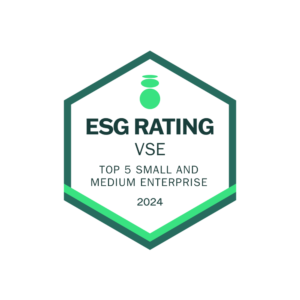
Top 5 small and medium companies:
GUMEX, FrostFood, MEGA, Schicht CZ, Sonnentor.
In smaller enterprises, it was possible to observe a strong connection between sustainability and the overall identity of the company. According to the evaluators, these include Sonnentor, Mega, but also other companies that did not rank among the top companies. “Although large companies address ESG in a more comprehensive manner across topics, small Czech companies are often specialists in one or two areas that are key to their business. In these areas, they can surpass even large companies in terms of the quality of measures and depth of knowledge,” adds Bruder Badie.
